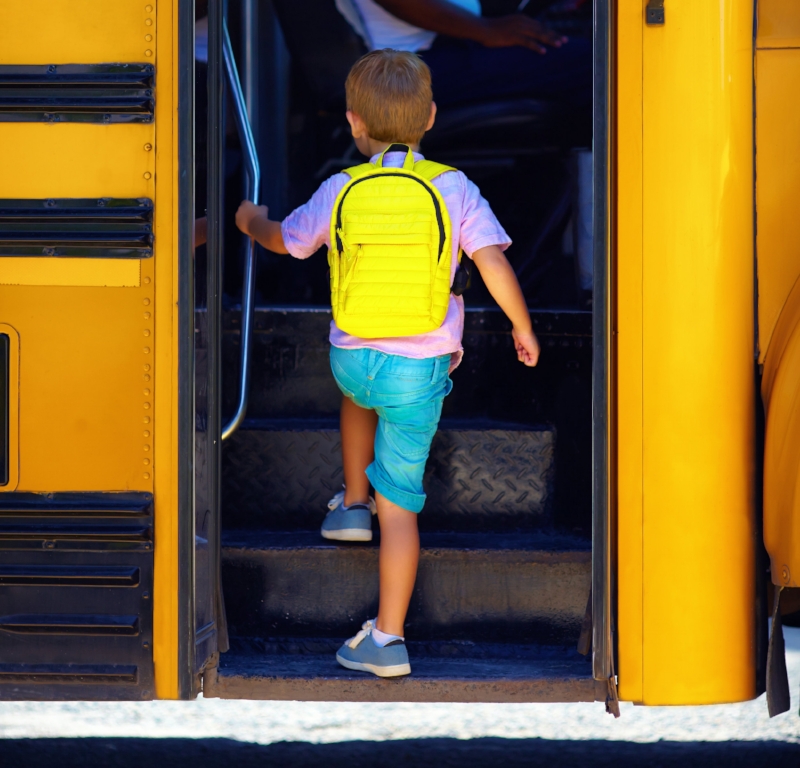In New York City, Related Service Authorization vouchers, or “RSAs,” are given to families when the school district is unable to provide mandated related services at school (or when children attend non-special education private schools). In theory, parents can take these vouchers to any provider on the city's list and get their child the services on their IEP.
But the practice of handing out RSAs has long been disingenuous. It places the burden of finding providers squarely on the backs of families of children with disabilities with little to no support or follow-up from the district. The lists of RSA-accepting providers that the district provides to parents are useless. The vast majority of providers on these “lists” are simply not willing to work at the rates the district pays, which have not increased in decades and are far below market. What’s more, the DOE knows this; they can see that these vouchers are not being cashed in.
In July, NYC Public Advocate Letitia James published a damning policy and investigative report titled Denial of Service: New York City Schools Are Failing to Provide Mandated Supports to Children with Disabilities that reveals just how sweeping this problem is.
While the Public Advocate rightly points out that this problem is most acute in the Bronx, where one district (District 8) has a deplorable 91% rate of unused RSAs, this is a citywide scourge—not just a Bronx problem. The report found, for instance, that Manhattan had rates of unused RSAs ranging from 35% on the Upper West Side (District 3) to as high as 62% in parts of Lower Manhattan (District 1). Even the “best” numbers in the city, which come from Williamsburg and Greenpoint in Brooklyn (District 14), have an unacceptable rate of 23% of RSAs going unused.
While this may be great news for the bean counters trying to make the DOE’s budget stretch, it also means that students with disabilities are not receiving their mandated and necessary services—the City is failing in its obligations under IDEA. Last week, as reported in the New York Times, Disability Rights Advocates, a nonprofit legal organization, filed a class action lawsuit in federal court. The plaintiffs in the case are Bronx Independent Living Services (BILS) and several children with IEPs who attend public schools in the Bronx.
In our practice, we frequently encounter situations where clients are unable to find related service providers that will accept RSAs. Every situation is different, but we have resolved this for many of our clients by suing the DOE to compel them to reimburse parents for payments made to providers at market rates (and to pay for services at those rates going forward). We have also been successful in obtaining compensatory services for students who were wrongfully denied services. But having to redress negligence is far from ideal for families; and it is not a reasonable path for most New Yorkers who may not understand their rights or may not have the resources to pursue a lawsuit (or a reimbursement scheme). We are watching this new federal case with great interest in the hopes that it, and the attention the Public Advocate has brought to the issue, may bring overdue reform in this area.


